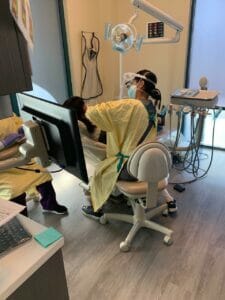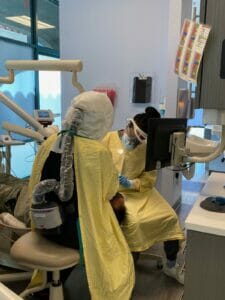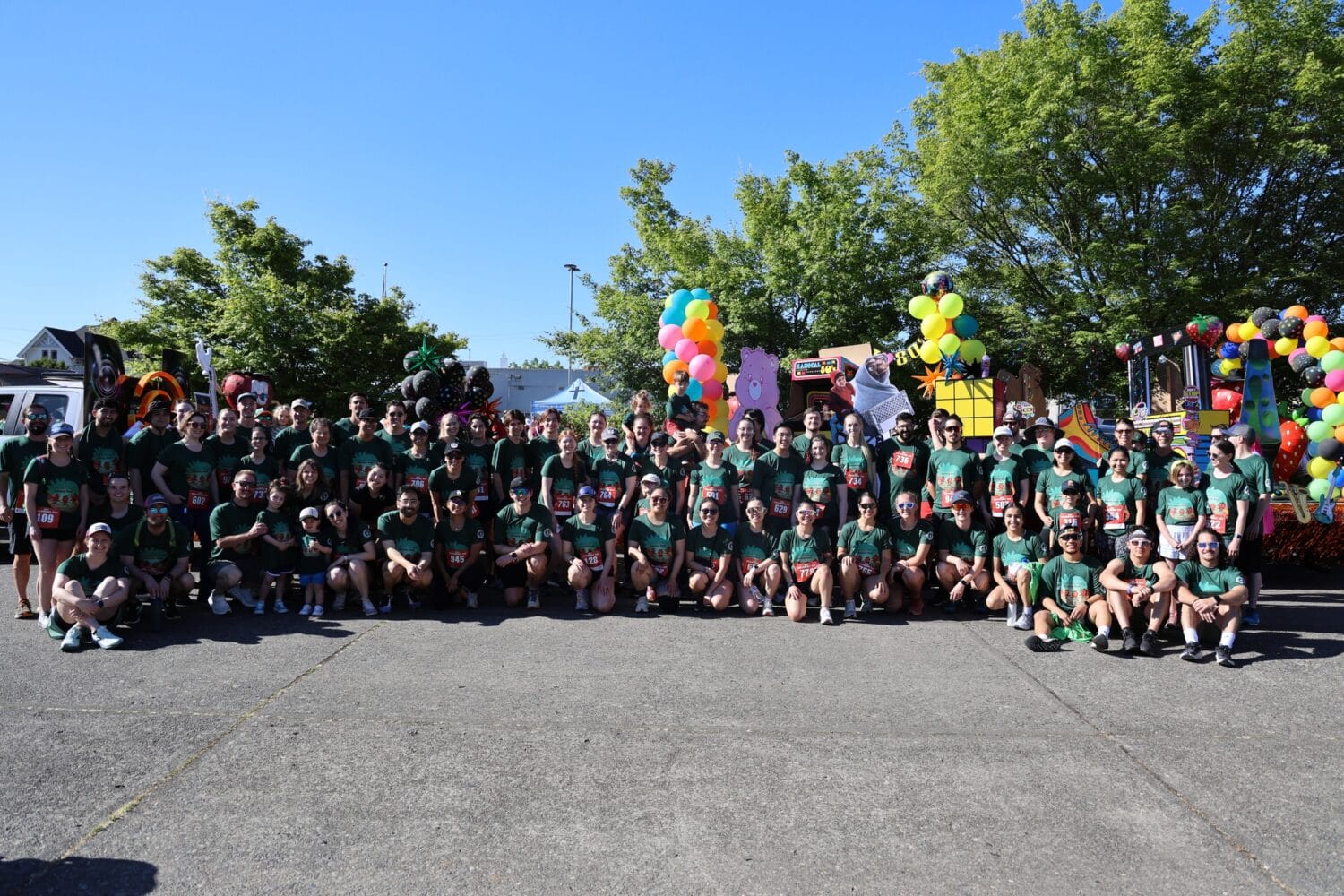WesternU College of Dental Medicine receives $1.5 million HRSA grant for training in underserved areas

Western University of Health Sciences’ College of Dental Medicine (CDM) received a $1.5 million grant from the U.S. Department of Health and Human Services Health Resources and Services Administration (HRSA) to provide dental students with training in underserved and rural communities and to provide care to vulnerable populations.
“Our College values center around fulfilling professional obligations to improve the oral health of all members of society, especially those most in need,” said CDM Dean and Associate Professor Elizabeth Andrews, DDS, MS. “This grant demonstrates that our faculty, students, and staff live this mission and are dedicated to build health equity for communities near and far. I applaud the continued efforts that our Community Based Dental Education team take to make this vision a reality.”
CDM received a five-year HRSA grant in 2017 to train predoctoral dental students in providing care to vulnerable children ages 0-5 and children with special health care needs in rural and underserved areas. This new five-year grant for CDM’s Teaching in Equity, Accessibility, and Collaborative Healthcare (TEACH) program expands on the foundation developed by the previous grant to provide care to patients along the entire lifespan. This represents an expansion of services while continuing CDM’s outreach to pediatric patients.
“We have taken what we learned, what worked, and we are expanding it to the entire adult lifespan, said CDM Professor and Associate Dean for Community Partnerships and Access to Care Marisa Watanabe, DDS, MS. “We are collaborating with our community partners to provide our students with more experiences caring for patients with intellectual and developmental disabilities. All the learnings from the previous HRSA grant will be utilized as we expand our dental training for our dental students in medically underserved areas, while simultaneously building health equity for those most in need.”

The grant, which runs from July 2022 to June 2027, will expand clinical rotations in rural and underserved areas, and some funding will subsidize housing and transportation costs for students serving at externship rotation sites.
The goal is to inspire students to practice in the same or similar underserved and rural areas that they go for their externships, Watanabe said.
Both nationally and statewide there is a need for the dental workforce in health professional shortage areas, as well as in rural areas, Watanabe said.
“Because of this, what this predoctoral training grant does is it further expands and creates additional foundational knowledge for the students and fully immerses them in these environments,” she said.
CDM’s overarching goal is have graduates consider different fields of dentistry, such as volunteering their time at a Federally Qualified Health Center (FQHC) while working in private practice.
“We want to graduate students who are competent and knowledgeable in what it means to provide care to those most in need, and who feel comfortable in environments outside private practice to serve those who need access,” Watanabe said.
This grant will provide CDM students with more opportunities to care for patients with developmental disabilities, which they might not ordinarily receive, said CDM Assistant Professor and Assistant Dean for Community Patient Care Krystle Rapisura, DMD ’13, MS.
“We want to provide them those experiences so they do not feel limited when they go into practice, especially when it comes to patients with special health care needs,” Rapisura said. “That is a barrier I would love to conquer.”



